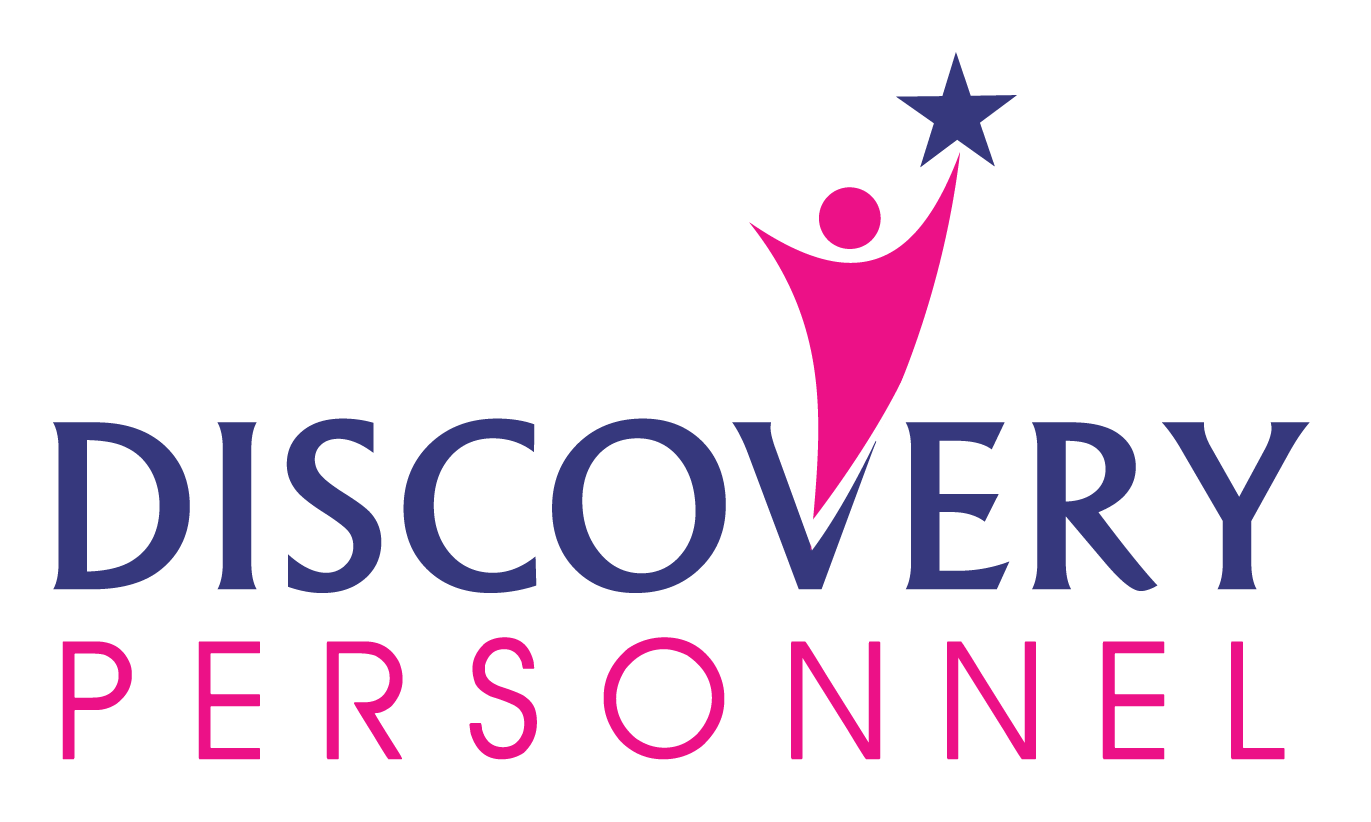How Did The Headhunter Find You?

Very often candidates are asked by company hiring officials how the Third Party Recruiter (Headhunter) found them. This rather innocuous seeming question is often asked early in the interview process, why?
There is an obvious answer to this question. The company is gathering intelligence so they can do a better job of recruiting candidates directly, and since the job seeker wants to ingrate themselves to the company, they are more than happy to answer the question. After all the candidate has nothing to lose, right? – WRONG!
If the job seeker responds that the Headhunter found him or her on a Job Board, or they responded to a Job Board posting by the Third Party recruiter, the candidate may ultimately actually be hurting them self. How can this be?
- The company now knows that you are an active job seekers and decides not to hire you. Companies that hire Headhunters to find candides to fill their job openings want to believe they are getting passive job seekers. Passive candidates are perceived to be a rarer commodity by companies and, therefore, move valuable. The logic is that if the candidate is not looking for a new position, the company must be taking care of him or her and they must really be good at what they do. In fact, I have found many “passive” candidates to be too lazy or scared to look for a new job and are not necessarily that “valuable” to their current company but they are hanging on for dear life.
- The company now believes they know where individuals with your skills and training “hang out” when looking for a job so they pass on hiring you so they can find their own candidates on the same job board. Many years ago I found a candidate for a President’s position on Headhunter.net. He interviewed well and was basically hired. The last step in the process was to have dinner with the company’s CEO and the head of the Personnel Department. The dinner went well but at the end of the dinner the CEO asked the candidate how I found him. When the candidate replied the Headhunter found him on Headhunter.net the CEO told the Personnel VP not to hire the candidate and to begin using Headhunter.net to find their own candidates.
- The company now knows you are an active candidate but decides to try to hire you anyway. Obviously, you were not hurt by revealing you responded to, or you resume was found, on a job board, or were you? I have worked with companies who after finding out that the job seeker was found on a job board, the company decided to offer the candidate less money than they were originally planning, because they perceived the job seeker was not a valuable as they originally thought.
These are just a few of the reasons I believe it is in a job seekers best interest to be very careful when answering the, “How did the Headhunter find you?”, question. Even if you know the Headhunter found your resume on the Internet via a Job Board, such as Monster, Hotjobs, Careerbuilder, etc., try to sidestep the question, or if cornered, respond with “He/She told me his/her Research Department found me.” However you decide how to respond to the, “How did the Headhunter find you?” question, never guess and say they probably found me on a Job Board.
